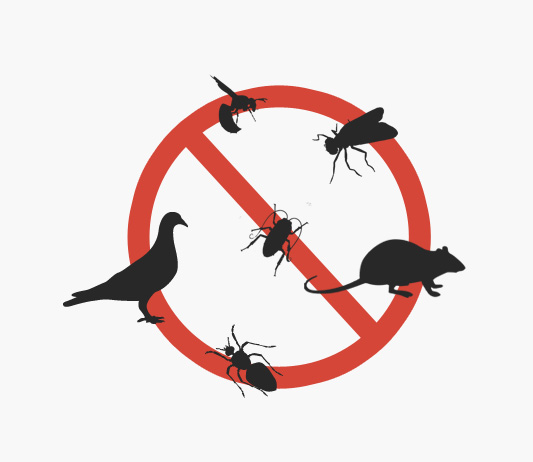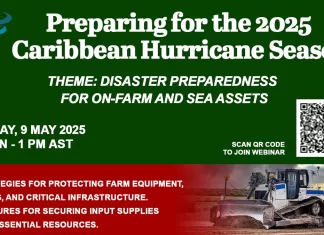21st Meeting of the Coordinating Group of Pesticides Control Boards of the Caribbean to be held in Belize
Belmopan. May 31, 2016. The Pesticides Control Board of Belize is pleased to announce that the 21st Meeting of the Coordinating Group of Pesticides Control Boards of the Caribbean (CGPC) will be held in Belize from 6 – 10 June, 2016. The meeting will be held at the San Ignacio Resort Hotel in San Ignacio, Cayo under the theme: “A changing climate! A changing world! Responsible pest and pesticide management – our responsibility”.
Funding for this meeting is provided by the United Nations Food and Agriculture Organization (FAO) and the 10th European Development Fund (EDF) Sanitary and Phytosanitary (SPS) project being implemented by the Inter-American Institute for Cooperation on Agriculture (IICA).
The meeting proceedings will include a 3-day planning workshop for the implementation of activities under a project funded by the Global Environmental Facility (GEF) titled “Disposal of Obsolete Pesticides including POPs, Promotion of Alternatives and Strengthening Pesticides Management in the Caribbean” and Phase II of an EU-funded project titled “Capacity Building related to Multilateral Environmental Agreements (MEAs) in African, Caribbean and Pacific (ACP) countries – Clean-up of obsolete pesticides, pesticides management and sustainable pest management.”
A joint session is also being planned to exchange work experiences with the Project Execution Group of two other GEF-funded projects: The Belize Chemicals and Waste Management Project and the Development and Implementation of a Sustainable Management Mechanism for POPs in the Caribbean (implemented by the UN Industrial Development Organization (UNIDO) and the Basel Convention Regional Centre (BCRC-Caribbean, based in Trinidad and Tobago). The theme and activities for the Pesticide Awareness Week (an annual event held during the last week of September) will also be discussed and finalized at the meeting.
The CGPC is comprised of representatives from the Pesticides and Toxic Chemicals Boards or Authorities of the countries of the Caribbean, and associate members representing other stakeholders. The group meets annually in one of the member countries.





